Your basket is empty
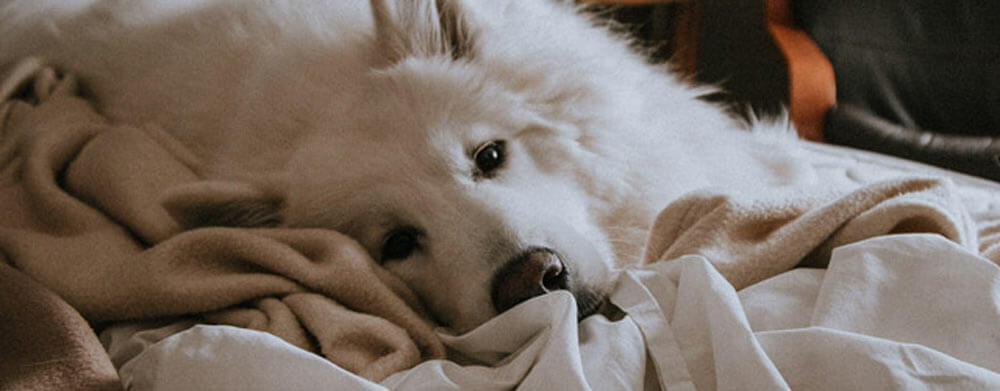
Why Is My Dog Leaking When Lying Down?
November 16, 2020 6 min read
If you’ve noticed your dog leaking urine when they are lying down, it can be a cause for concern and you might have wondered whether they are suffering from urinary incontinence.
So, what causes dogs to leak when they are lying down? While many different factors can cause urinary incontinence in dogs, some of the most common reasons include urinary tract infections, bladder infections, spaying (for female dogs), and old age.
What Is Dog Incontinence?
Urinary incontinence occurs when dogs urinate involuntarily. It’s most common in senior dogs, especially elderly neutered females, but it can also affect unneutered males and females.
There are many causes of urinary incontinence in dogs, including UTIs (urinary tract infections), bladder infections, and old age. If not treated, dog incontinence often gets worse and can result in large amounts of urine being expelled. In severe cases, incontinence in dogs can lead to urine scalding of the skin.
---
What Are The Symptoms of Dog Incontinence?
The primary symptom of dog incontinence is urinating inside the house, even when a dog is fully housetrained. Dogs with incontinence usually leak urine when they are lying down, so their sleeping quarters will most likely be contaminated.
Other symptoms of incontinence in dogs include irritated skin, damp legs, urinary dribbling, unpleasant odour, and excessive licking of the nether regions. If you suspect your dog is suffering from dog incontinence, it’s important to get them checked out at a veterinarian to identify the cause.
---
Causes of Urinary Incontinence in Dogs
Incontinence in dogs isn’t just limited to old age as you might assume. There are many other causes of incontinence, some of which are easier to identify and treat than others.
Figuring out why your dog is suffering from urinary incontinence is crucial for ensuring they receive the right course of treatment. Here are some of the most common causes of incontinence in dogs.
❊❊❊
Ectopic Ureter(s)
Young dogs can be born with a defect that causes incontinence called ectopic ureter(s). The ureters transport urine from your dog’s kidneys to their bladder. If one or both ureters go past the bladder and connect to an abnormal area like the urethra, then it can result in urinary dribbling.
Siberian Huskies, Welsh Corgis, Wire-haired Fox Terriers, West Highland White Terriers, Collies, Labrador Retrievers, and Miniature Poodles are most prone to this defect.
❊❊❊
Bladder Infections

Dogs suffering from a bladder infection have a strong urge to urinate, which can cause them to pee inside or more frequently. Persistent bladder infections can cause scarring of the bladder and stop it from stretching to hold urine.
If your dog has a bladder infection, they are not usually fully incontinent as they are aware when they’re urinating, but simply have a strong urge to pee more than usual.
❊❊❊
Urinary Tract Infections
Urinary tract infections in dogs occur when bacteria gets into the bladder and forms an infection. If your dog has a UTI, they may urinate frequently or strain when peeing.
Once the infection subsides or has been treated, your dog’s urinary sphincter might be more sensitive than usual. This can cause leaking or incontinence when your dog is sleeping.
❊❊❊
Hormone-responsive Incontinence
Hormone-responsive incontinence happens in both female and male neutered dogs, but it’s largely seen in middle-aged and senior female dogs. Dogs with this condition pee normally, but will leak urine when they are lying down.
The cause is related to the hormone estrogen. Estrogen strengthens your dog’s muscles, which helps control urination. When a female dog is spayed and their ovaries are removed, their estrogen levels are low.
Additionally, as female dogs age, their hormone levels drop and they lose the ability to hold urine in the right area. This causes urine to collect in the vestibule area and leak out when the dog moves, typically when they get up or lie down.
❊❊❊
Old Age
Senior dogs often suffer from incontinence due to the weakening of the muscles that hold urine in the bladder. Elderly dogs may also develop senility and lose awareness of when they are urinating.
❊❊❊
Urinary Obstruction
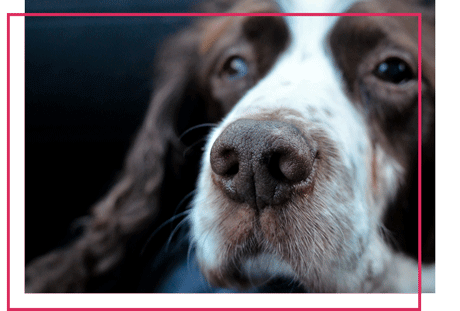 Calculi (stones) can develop in the urinary tract in dogs and become stuck inside the urethra, blocking it as a result. The urethra can also become blocked from scar tissue, if the bone is fractured, or if a tumour is present around the genital area.
Calculi (stones) can develop in the urinary tract in dogs and become stuck inside the urethra, blocking it as a result. The urethra can also become blocked from scar tissue, if the bone is fractured, or if a tumour is present around the genital area.
Dogs with a partial urinary obstruction typically suffer from urinary incontinence and bloody urine. They may also pee in small amounts frequently, strain to urinate, and urinate in drips rather than in a strong stream.
If your dog’s urethra is fully blocked, they will strain to pee without expelling any urine. They will also show signs of discomfort and lethargy and may lose their appetite or begin vomiting.
If left untreated, dogs with a total urethral obstruction will die within a few days. Make sure you take your dog to a vet immediately if they are unable to urinate properly or at all.
----
Urinary Tract Infections – Causes and Treatment
Urinary tract infections are one of the most common infections in dogs. In fact, according to the American Kennel Club, it’s thought that around 14% of dogs will develop one at some point.
It’s worth knowing a little more about UTIs in dogs and how to treat them so you can be prepared if your dog develops one.
UTIs are usually caused by bacteria such as E.coli, but some types of fungi can also be a factor. Additionally, bladder stones and incontinence in senior dogs can lead to an infection of the urinary tract.
Female dogs are more likely to get a urinary tract infection as they have shorter urethras, as are dogs with pre-existing health conditions like chronic kidney disease.
Symptoms of a urinary tract infection in dogs include the following:
- Urinating frequently
- Dribbling urine
- Difficulty peeing - your dog may also strain or whimper
- Urinating inside the house
- Bloody, pink, or cloudy urine
- Excessive linking around the urinary opening
- Fatigue or lethargy
- Increased thirst - your dog might drink more to recover lost fluids from frequent urination
- Fever - your dog might feel hot to touch
- Foul-smelling urine
While urinary tract infections can go away on their own, it’s best to seek treatment as they can cause a great deal of pain and discomfort. Vets will often prescribe antibiotics for UTIs in dogs, but home remedies can also aid with recovery and help prevent the infection from recurring.
Encouraging your dog to drink more water can be beneficial, as can a warm bath to help relieve your dog’s muscles. Cranberry supplements and providing your dog with a well-balanced and nutritious diet can also help.
----
What Can I Do If My Dog Is Incontinent?
If you’re dealing with a dog suffering from urinary incontinence, it can be quite stressful as you obviously want your dog to be as comfortable as possible. Fortunately, there are ways to manage incontinence in dogs to make things a little easier on you and your pet.
Your first step should be a visit to the vet to get the correct diagnosis of your dog’s urinary incontinence. Depending on the cause, your vet might prescribe medication that can help manage or prevent the condition.
Putting clean blankets and towels in your dog’s resting area can help soak up any accidents. You might want to consider placing puppy training pads underneath your dog’s bed for an extra layer of security.
Dog diapers are another option if you want to protect your floors and furniture from any spillages. You can find them at most pet shops or online.
To prevent urine scalding and infections, make sure you clean your dog’s sleeping quarters frequently and any areas on their body that might be damp from urine. Additionally, taking your dog out regularly can be a good idea, particularly just after they wake up from a nap.
 Lastly, supplements that promote good urinary health such as ones containing cranberry can be worth using for dogs with incontinence, especially if they suffer from UTIs frequently. Our BERRI supplement is specifically targeted for your dog’s kidneys and bladder to help keep them in tip-top shape.
Lastly, supplements that promote good urinary health such as ones containing cranberry can be worth using for dogs with incontinence, especially if they suffer from UTIs frequently. Our BERRI supplement is specifically targeted for your dog’s kidneys and bladder to help keep them in tip-top shape.
The tablets contain 100% natural ingredients and contain a blend of cranberry powder, marshmallow root, D-mannose, liquorice, astragalus root, and nettle seed. All of these components aid with the healthy function of your dog’s kidneys and bladder and can help prevent any issues occurring in the future.
BERRI comes in a delicious chicken flavour to make it easier for your dog to take and are manufactured in the UK GMP code to ensure quality and safety. As always, make sure you speak to your vet before you give your dog any supplements and never give them human medication.
----
FINAL THOUGHTS
If your dog has started leaking urine during their sleep or when they are lying down, it’s best to get them checked out at a vet to help you identify the cause and get the right treatment. Urinary incontinence shouldn’t be left untreated as it can worsen over time and cause urine scalding.
Once you’ve figured out the reason behind your dog’s incontinence, you can put in measures to help you manage or treat the condition. Puppy training pads, dog diapers, good hygiene, medication, and supplements are all options you could consider to help you and your dog work around urinary incontinence.
Also in Pet Advice
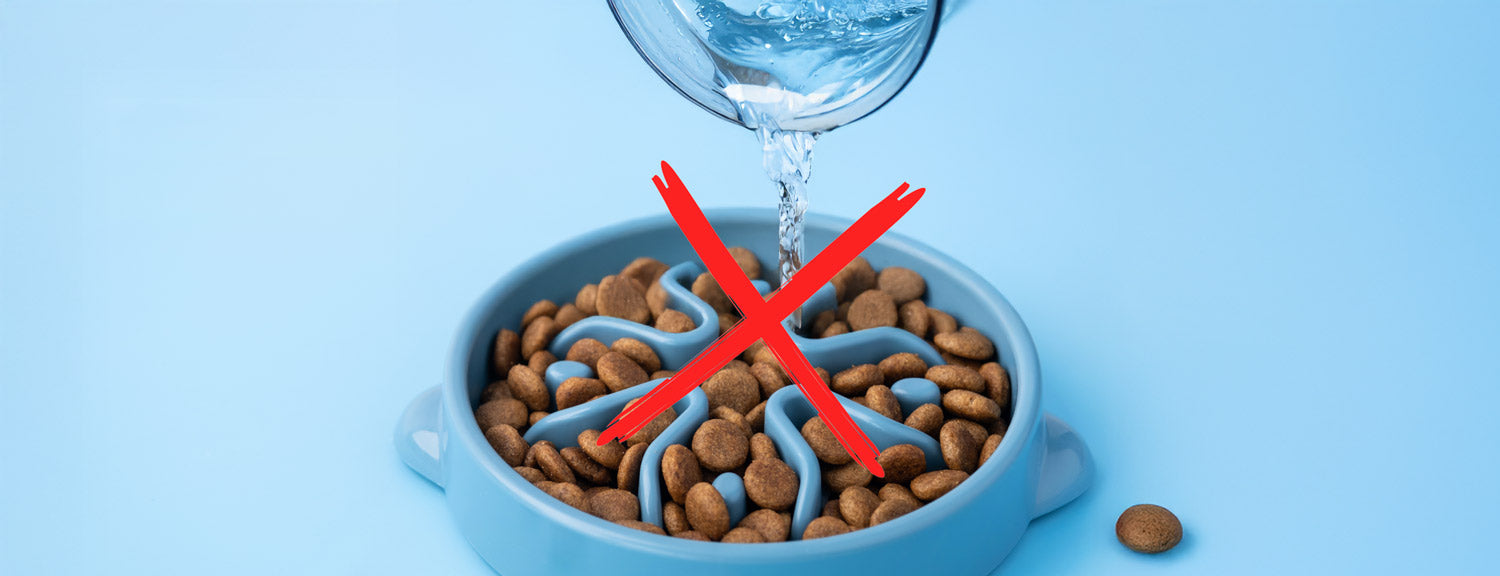
Should You Add Water to Your Dog’s Kibble? Here’s What the Science Says
August 14, 2025 7 min read
Should you add water to your dog’s kibble? Discover the science-backed pros, cons, and better alternatives like bone broth and fresh food to improve hydration, digestion, and overall canine health...
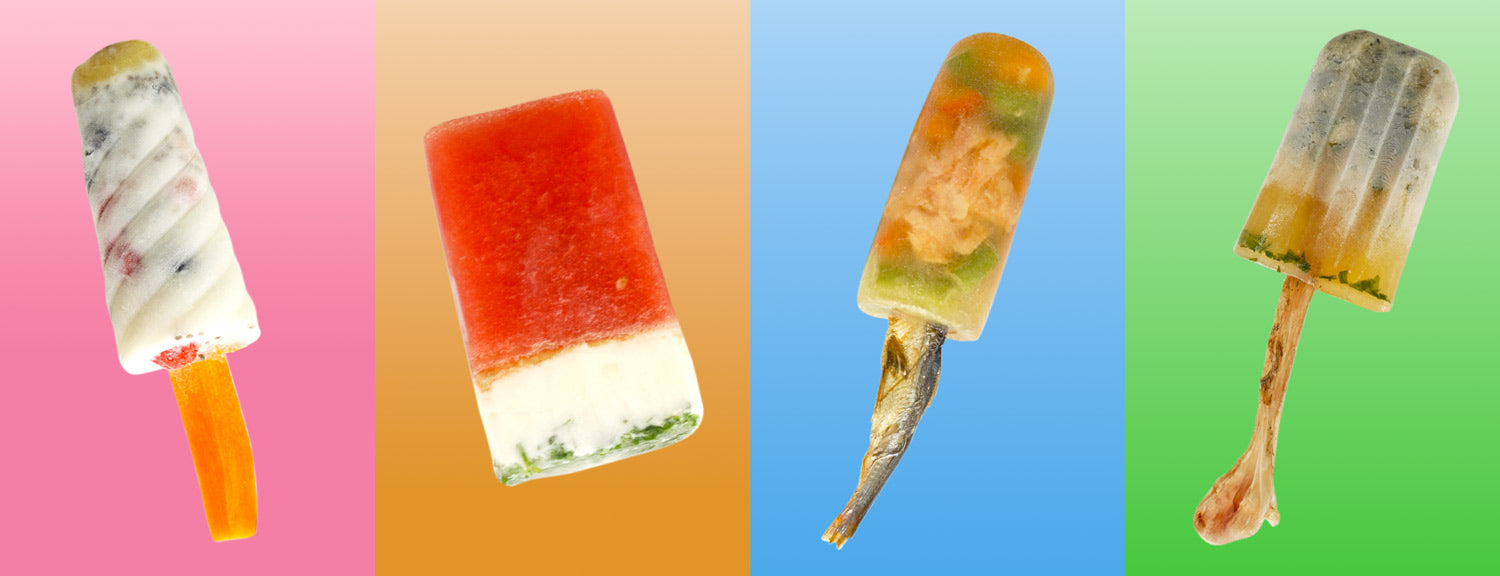
DIY Frozen Dog Treats Your Pup Will Love
June 27, 2025 4 min read
Summer heat can be dangerous for dogs, making hydration more important than ever. Learn how to spot signs of dehydration, boost your pup’s water intake, and create fun, frozen recipes to keep them happy and healthy all season long.
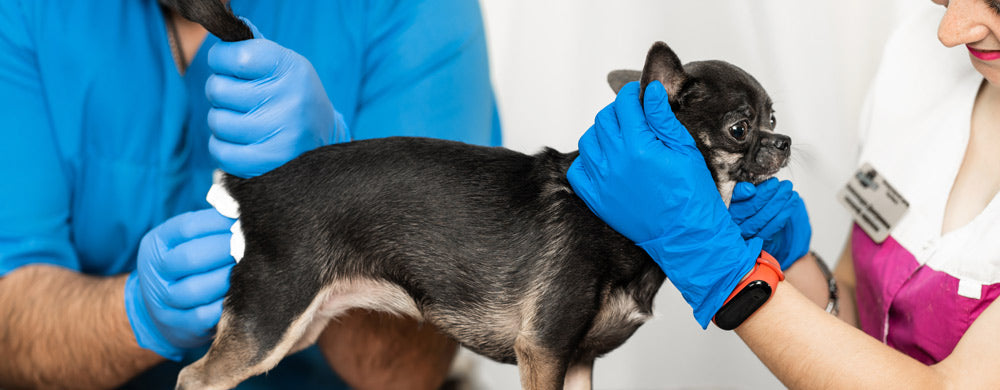
Why Is My Dog Scooting? Common Causes and How Diet Can Help
May 09, 2025 4 min read
If your dog is scooting or smells fishy, it could be due to blocked or irritated anal glands. Learn what causes blocked anal glands, which dogs are most at risk, and how simple dietary changes—like adding fibre and anti-inflammatory nutrients—can help prevent recurring problems.

